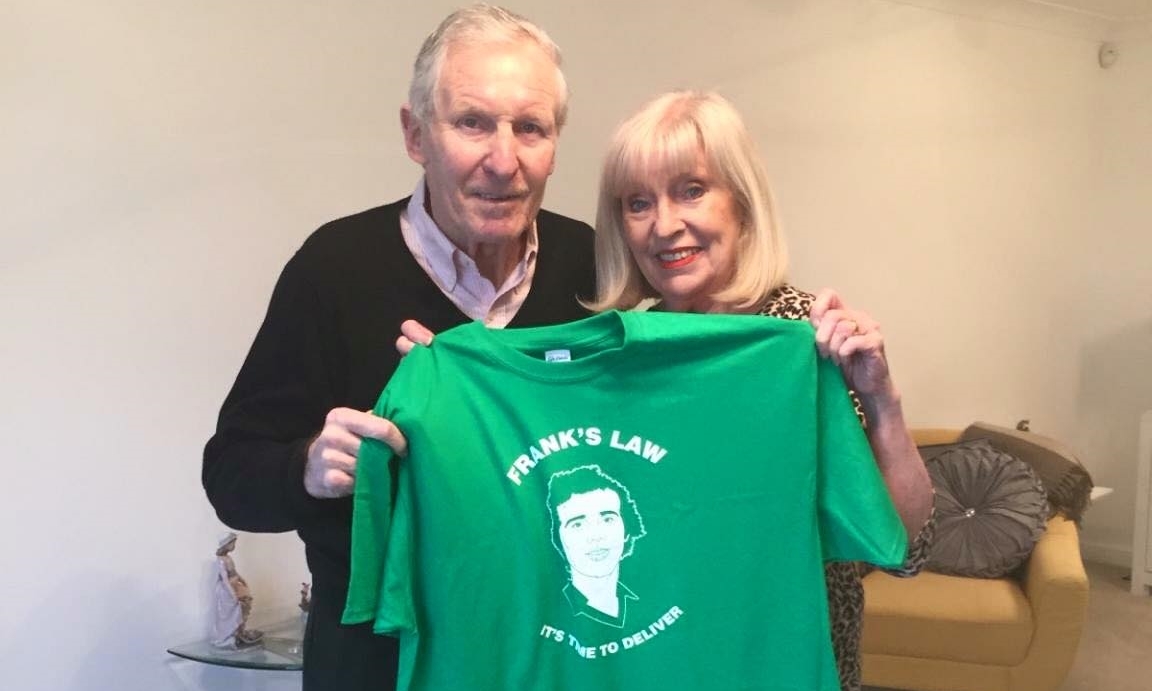Calls have been made for children under 12 years of age to be banned from heading a football.
Former Scottish Football Association president Gordon Smith spoke out in favour of a blanket ban.
Mr Smith, who was SFA president between 2007 and 2010, believes players may have to sign legal waivers in the near future, committing to not taking legal action against authorities should they suffer from dementia or other complications.
The former Rangers striker’s warning comes after iconic Celtic captain Billy McNeil was revealed to be the latest ex-player to be suffering from dementia.
Mr McNeil was diagnosed with the disease seven years ago and is now unable to speak.
Dundee United legend Frank Kopel was diagnosed with dementia in 2014 aged 59. His struggles led to the creation of the Frank’s Law campaign.
While some have called for football authorities to protect children from potential head injuries, a leading expert in brain injuries has said little if any scientific proof exists which draws a link between head injury and dementia.
Edinburgh University lecturer Dr Alan Carson, who acts as a consultant neuropsychiatrist and lead clinician with the Scottish Neurobehavioural Rehabilitation Unit, has warned banning children from participating in certain aspects of sport could be counter productive.
Dr Carson said: “There is an increasing trend of journalistic and scientific reports of a link between head injury and dementia.
“But the scientific literature does not support that. Currently, head injury is not believed to be a factor in developing Alzheimer’s. The risk factors which lead to dementia are multiple and quite complex.
“But currently it seems highly unlikely that heading a leather football is a major factor in developing dementia. One of the strongest links is obesity and cardiovascular risk.
“If we’re giving out the message that playing football is dangerous or bad for your health then that could have a paradoxical effect.”
Research published by Stirling University last year found “small but significant changes in brain function” after players headed the ball 20 times.
Peter McCabe, chief executive of Headway — the brain injury association said: “The families of former footballers who played in the 1960s or 70s and who have gone on to develop neurological conditions deserve answers as to whether or not heading heavy leather footballs contributed to their conditions.
“Too little has been done to this point and questions should be asked of the football authorities regarding why they haven’t commissioned a large scale study to this point.
“However, it is important to exercise caution when interpreting the results of studies with such small sample sizes, particularly when it comes to any possible implications for modern day football.
“We urgently need more research – particularly research that has meaningful implications for today’s game.”










